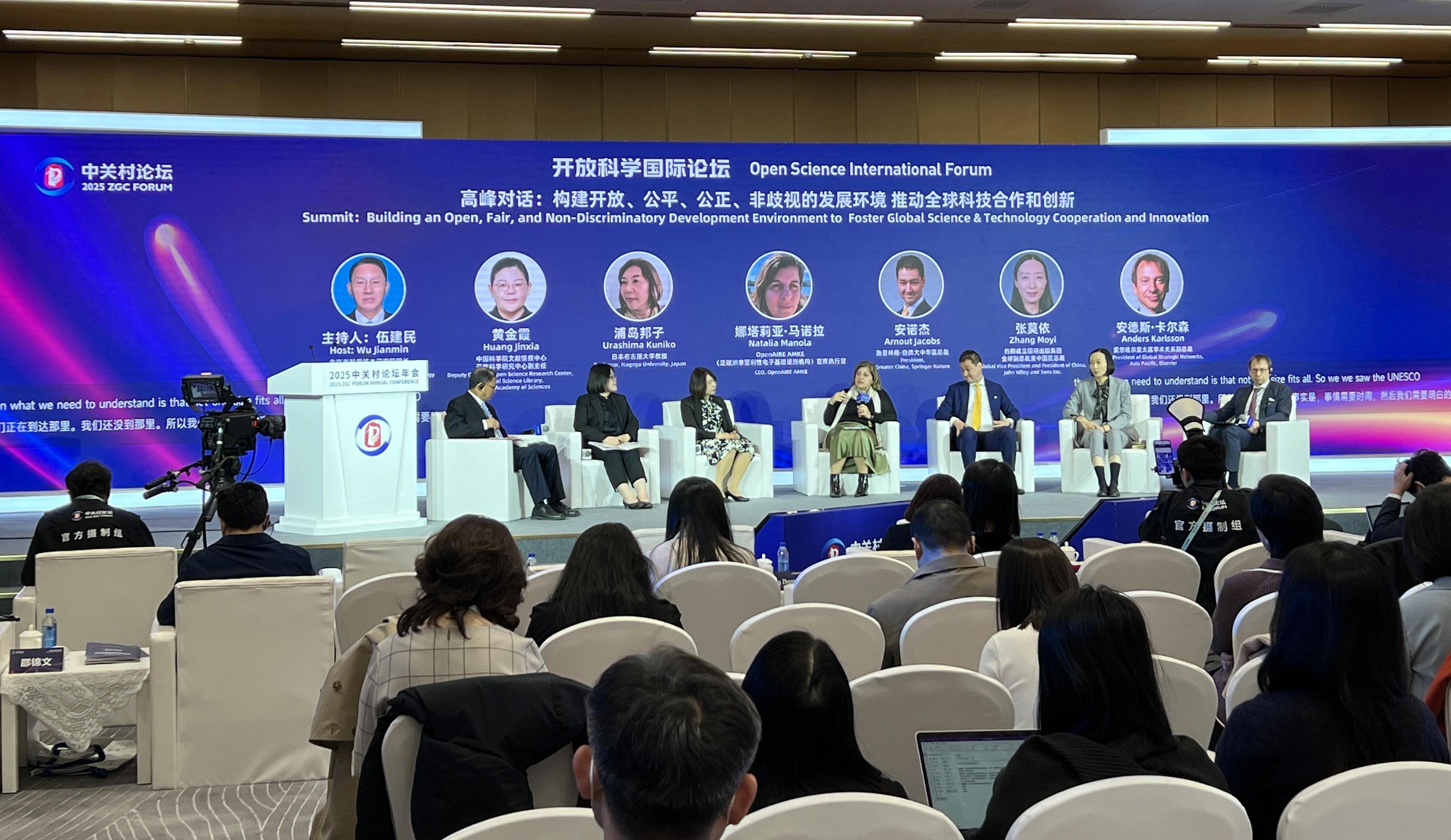AI Governance Should Balance Innovation, Responsibility

In recent years, artificial intelligence (AI) has advanced rapidly, leading to the proliferation of AI-generated content across various platforms. While this technology enriches information availability, it also poses significant challenges, including the spread of misinformation, disruption of communication order, and the emergence of sophisticated scams.
To address these issues, China's cyberspace administration, along with three other departments, jointly issued a regulation on labeling of AI-generated content, effective from September 1, 2025.
China has consistently demonstrated its leadership in AI governance. As a major AI power and a key member of the Global South, it participated in negotiations on a UN resolution "Seizing the opportunities of safe, secure, and trustworthy artificial intelligence systems for sustainable development" passed in 2024.
The Washington Post reported that the joint endorsement of the resolution by China and the U.S. signifies that the two nations will further collaborate in the field of AI safety.
In general, AI's capability to generate text, images, audio, and video has revolutionized content creation. However, this ease of creation has also facilitated the dissemination of false information. Instances include the use of AI to create fake news, manipulate public opinion through intelligent bots, fabricate videos featuring renowned academicians supposedly endorsing products, and impersonate celebrities to defraud individuals, particularly the elderly.
Such misuse of AI makes it increasingly challenging for the public to discern truth from falsehood. Labeling AI-generated content is a proactive measure to curb AI-related deception. Similar to product labeling in manufacturing, where producers put labels to inform consumers, AI service providers are now required to mark content produced by AI.
The labeling provisions stipulate that both content creators and disseminators must ensure that AI-generated content is appropriately labeled. This ensures that content is identifiable at both the production and distribution stages, enabling platforms and the public to recognize AI-generated material, thereby reducing the likelihood of deception.
While it is crucial to regulate AI to prevent ethical violations, it is equally important that such regulations do not stifle technological innovation. The labeling provisions strive for this balance by not mandating overly complex or costly labeling technologies. Instead, they propose multiple low-cost labeling methods to avoid imposing excessive burdens on enterprises.
The national standards incorporated professional opinions from high-tech enterprises in the AI field, reflecting a governance philosophy that harmonizes development with security.
Looking globally, China is not alone in its efforts to regulate AI-generated content. Spain, for example, has approved a draft law that would impose significant fines on companies that fail to properly label AI-generated content, with the aim of curbing the misuse of deepfakes and other AI-manipulated media.
Similarly, the European Union's AI Act includes provisions requiring explicit disclosure of AI-generated content to enhance transparency and trust in AI applications. These international efforts underscore a collective recognition of the need for regulatory frameworks to manage the ethical and societal implications of AI technologies.







